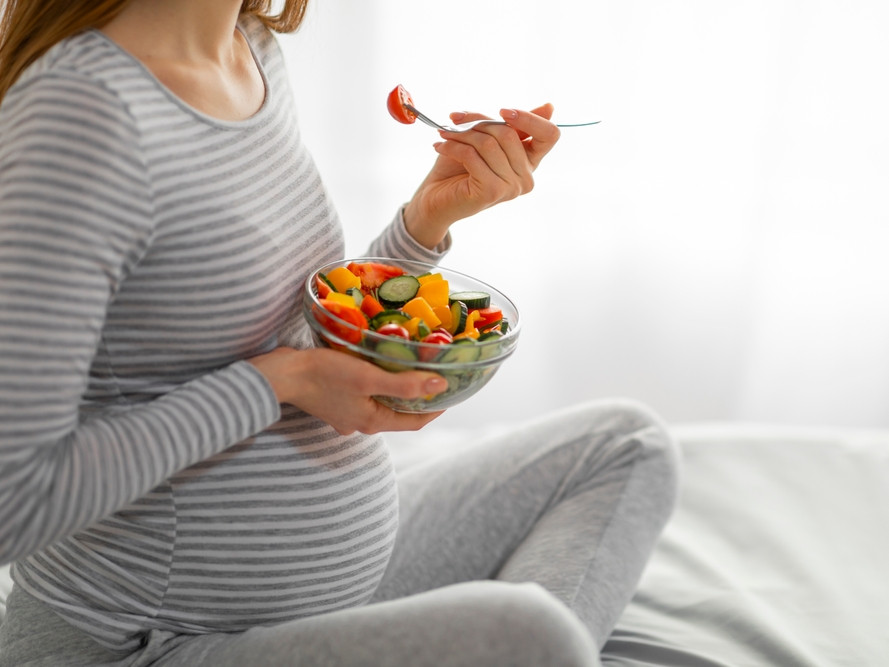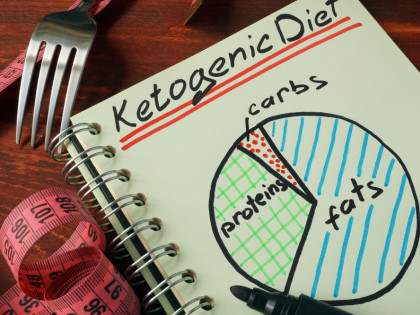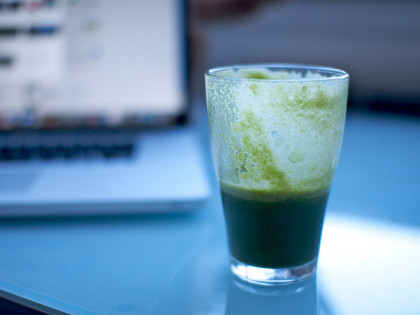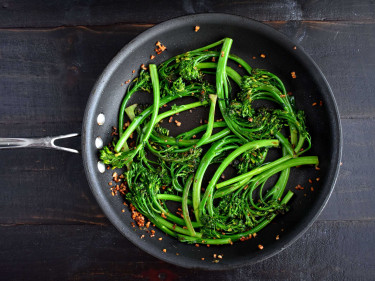If you're trying to conceive, you've probably heard a lot about supplements, superfoods, and fertility diets. But what does the science actually say? The truth is, there’s no single food that guarantees becoming pregnant - but there is a healthy pattern of eating that helps optimise nutrient intakes and supports ovulation and fertility. The best part is, these everyday foods benefit both partners. Many of the same foods that support women’s reproductive health also help improve sperm quality, making fertility truly a team effort.
Whole Grains and Low GI Carbs
Whole grain breads, oats, brown rice, and legumes are nutrient powerhouses - rich in fibre, folate, vitamin E, magnesium and iodine. For women, deficencies across these nutrients is linked to impaired ovarian function, disrupted menstrual cycles, and an increased risk of pregnancy complications. For males, consuming a diet high in cereals and grains has been linked to improved sperm quality and greater implantation success.
Try these wholegrain recipes:
Fruit and Vegetables
Aim for at least 2 serves of fruit and 5 serves of vegetables daily – and lots of colour! A higher fruit/veg intake is associated with markers of better reproductive health, including better sperm quality in males, and improved time-to-pregnancy in some studies. Folate, found in leafy greens and citrus fruits, plays a key role in DNA synthesis and cell division, both essential for healthy embryo development.
Try these colourful recipes:
Plant-Based Proteins
Replacing some animal proteins with plant-based options such as lentils, chickpeas, tofu, and nuts may support fertility. These foods are generally lower in saturated fat and higher in fibre compared to animal proteins and research has found that higher intake of plant protein was associated with roughly a 50% lower risk of ovulatory infertility compared to women with lower plant protein intake.
Try these plant powered meals:
Healthy Fats
Healthy fats, like those found in olive oil, avocado, nuts, seeds, and oily fish, support a range of pregnancy and fertility outcomes, including a potential reduction in early pre-term birth, and increased sperm motility in males. Unhealthy fats, such as trans fats and excessive saturated fats found in fried foods, processed snacks, and some baked goods, can increase inflammation and insulin resistance, which may negatively affect ovulation, sperm quality, and overall reproductive health.
Try these nourishing recipes:
Key Nutrients to Watch
Nutrient | Impact | Common Foods |
Folate | Crucial for preventing neural tube defects, such as spina bifida. A supplement with 400 mcg folic acid is recommended before and during early pregnancy. | Found in leafy greens, legumes, and fortified whole grain breads. |
Iodine | During pregnancy, your body needs more thyroid hormones, starting in the first few months. Your thyroid can usually meet this extra demand - but it needs enough iodine to do so. If your diet doesn’t have enough iodine, your thyroid struggles to keep up, which can lead to complications in foetal neurological development, such as birth defects. | Found in dairy, seafood, and fortified bread. |
Omega-3 has significant links to improved pregnancy outcomes, including improved conception and fertilisation rates, and reduced rate of preterm birth. | Found in oily fish, like salmon and sardines, as well as chia seeds, flaxseeds, and walnuts. | |
Zinc | Zinc plays an essential role in testicular development, and preservation of sperm quality, with research finding a correlation between low zinc levels and male infertility. | Found in meats, shellfish, legumes, nuts and seeds. |
Magnesium | Higher magnesium levels are linked with sperm concentration and motile sperm count, while lower magnesium levels were linked to a lower semen quality. | Found in nuts, seeds, wholegrains, leafy greens and legumes. |
Foods to Reduce
- Ultra-processed foods: Diets high in added sugars, excess sodium and trans fats can contribute to chronic inflammation, insulin resistance, and hormonal imbalances. These effects may negatively impact ovulation and overall reproductive health.
- Caffeine: Excessive intake of caffeine has been linked to an increased chance of low birth weight, pre-term birth, and pregnancy loss, as compared low caffeine intake; therefore, it is recommended to reduce intake as much as possible, and it is hard to monitor your caffeine intake given the variation between beverages.
- Alcohol: There are no safe levels of alcohol consumption throughout pre-conception, pregnancy, and breastfeeding, due to the significantly higher risk of low birth weight, premature birth, birth defects, and still birth or miscarriage.
Final Thoughts
You don’t need expensive supplements or fad diets, a minimally processed, plant-rich diet is your best bet for supporting fertility. If you’re on a restricted diet or have a medical condition, talk to your GP about seeing a fertility specialist dietitian.
If you’re interested in finding out how your eating habits compare to other Australians take the free Healthy Eating Quiz. if you want to check your current nutrient intakes compared to national nutrient recommendations, then take the Australian Eating Survey to get a personalised nutrition assessment and report. Enter the discount code 'DietCheck' at the checkout to receive a 50% discount.
Listen to the conversation between Professor Clare Collins, and Dr Shelley Wilkinson of Lifestyle Maternity on Nutrition Science Bites, here.













